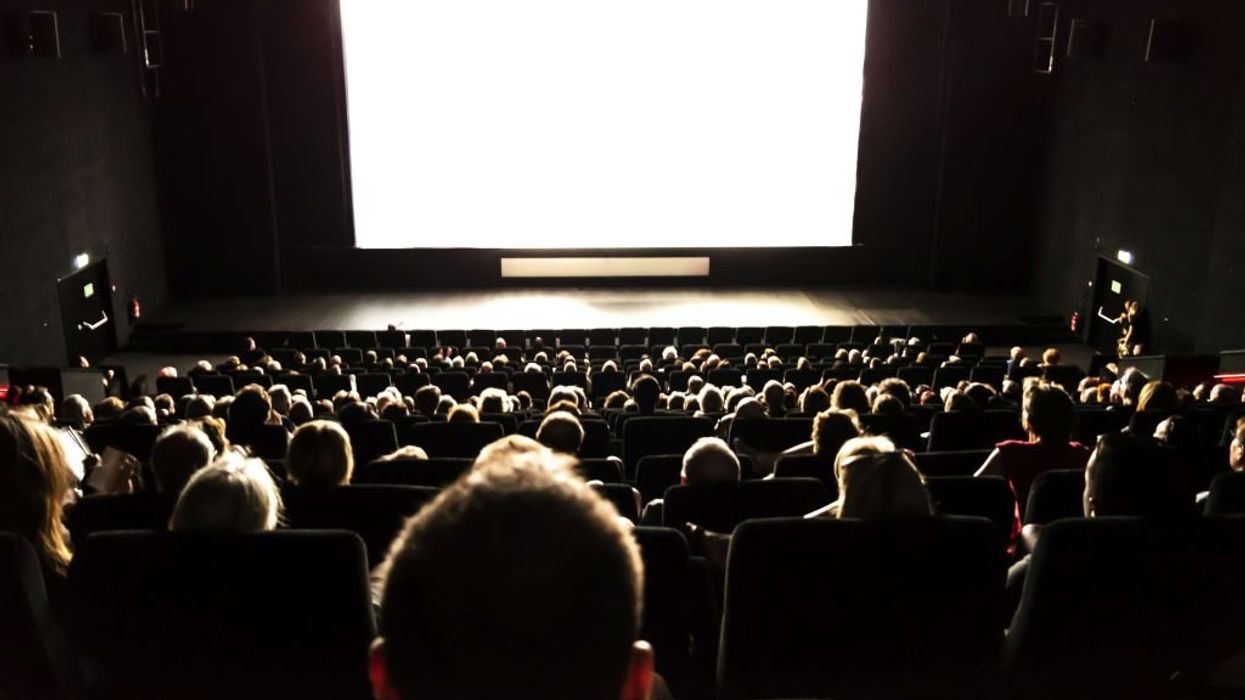
Photo by: Prisma by Dukas/Universal Images Group via Getty Images

Consumers are less interested in written or visual media when it is created by AI.
A recent study revealed that more consumers are against seeing or consuming content that was generated by artificial intelligence than those who are for it.
However, there is a higher level of acceptance for mundane tasks being taken up by AI and nonhuman content such as in games or animations.
A survey of U.S. consumers by Variety Intelligence Platform and HarrisX revealed stark differences in which kind of AI-generated content is preferred by consumers.
While about two out of 10 consumers have expressed interest in engaging with AI-assisted media, many consumers are still less interested in content made by such programs. In fact, there was typically a majority who were indifferent to the matter entirely in media, but for those who gave a positive or negative answer, the numbers usually fell on the side that was opposed to the AI content.
The highest disparity came in regards to news content; 43% of respondents said that they would be less interested in reading the news if it were written using generative AI, while 20% said they were more interested.
Music and podcasts showed the next highest resistance, with 38% and 37% (respectively) finding themselves less interested if the music or podcast used AI voices or production. Just 20% and 19% said they would be more interested in that content, respectively.
Movies, TV shows, and social media videos/images saw similar patterns in the study, with only one category going against the grain.
When participants were asked about "playing a video game" if they "knew it had characters, environments or dialogue created using generative AI," 25% said they would be more interested versus 20% who were less interested. A whopping 44% said it made no difference, by far the largest response for that answer of any category.
This trend continued in terms of consumers not wanting artificial intelligence to play a role in creative endeavors, such as acting or writing scripts. However, for animations or add-on graphics and content, consumers weren't as concerned.
An AI-replica playing a deceased actor, for example, saw 53% of respondents not being comfortable with it, with just 27% for it. The numbers were nearly identical if the actor was living. As were the numbers for an entirely fictional AI actor; 30% were okay with the notion while 49% disagreed.
Audiences did accept, however, the idea of dubbed content with AI voices at a rate of 42%. Almost an identical amount of support was given for AI-generated theme music, voiceovers for a documentary or animated character, and the design of a new character.
Responses also reached a majority for the following possibilities: special effects (51% were comfortable), illustrations in animation (52%), sound effects (55%).
It seemed those polls were mostly in favor or indifferent to having AI make changes that helped the viewer experience while still holding artistic integrity. However, while they mostly rejected the idea of an AI portrayal of an actor, an AI dub using an actor's voice in a different language received 47% support.
Over 1,000 American adults were surveyed for the study in early May 2024.
Like Blaze News? Bypass the censors, sign up for our newsletters, and get stories like this direct to your inbox. Sign up here!
Andrew Chapados